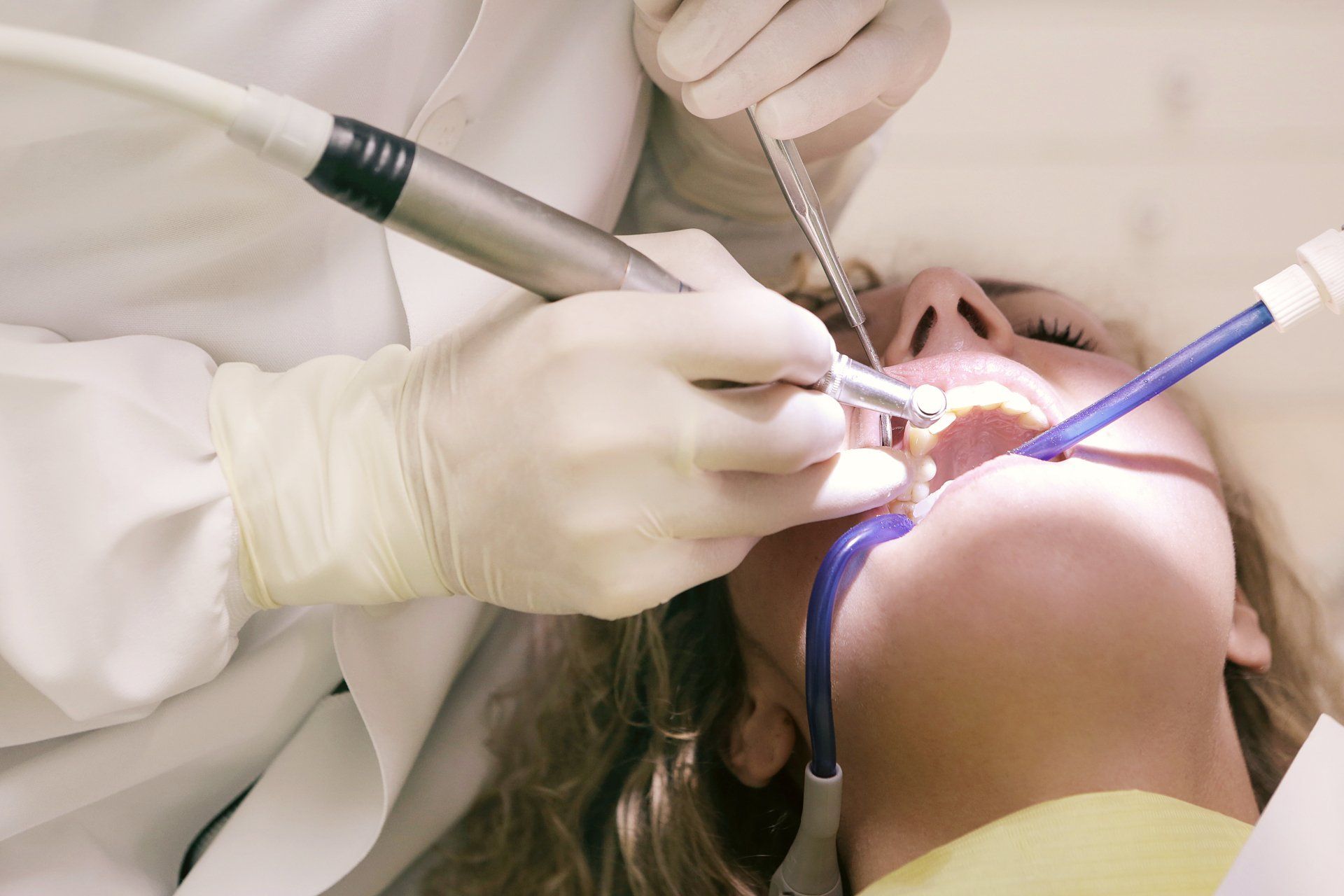What to Expect After a Root Canal

What to Expect After a Root Canal
When most of us think of getting a root canal, the first thing that comes to mind is pain. We often sarcastically liken the miserable things in life to it—“That sounds about as fun as a root canal”—as if there’s no worse thing we could experience.
But the fact of the matter is that the pain isn’t caused by the root canal treatment —it’s actually caused by the infection in the tooth that made the root canal necessary in the first place. The procedure itself is actually painless. Your endodontist uses a local anesthetic to completely numb the tooth and surrounding gum. If you are nervous about having dental work done, as many are, he or she can give you medicine like nitrous oxide to help you feel calm.
So, what exactly happens during a root canal procedure? And what can you expect during the recovery period? We’re here to help you out.
Root Canal Overview
A root canal is a procedure to preserve —not save—a dead tooth. The tooth in question is either already dead, or it’s past the point of no return; basically, there’s no saving it by the time you need a root canal.
Some common causes that make root canals necessary include a cracked tooth, trauma to the tooth, or repeated dental work on the tooth (as from a deep cavity, for example). The procedure involves clearing out the damaged, infected pulp of the tooth (the “canals” of the tooth; hence the name of the procedure), cleaning up the remaining shell thoroughly, and then filling it back in with gutta-percha and sealing it with cement.
Post-Treatment Care
Tenderness in the area for the first few days is totally normal. Your jaw may also be sore from being held open for such a long period of time. The pain usually peaks 17-24 hours after the treatment. Over-the-counter pain medications are usually all you need to mitigate these temporary symptoms.
Some people do not experience any pain after the procedure. A lack of pain is nothing to worry about, and is not uncommon; if this is your experience, count yourself lucky.
It’s also not unusual for your tooth to feel a bit different from the rest of your teeth. But if the pain is severe or lasts longer than a few days, you should contact your dentist.
You’ll want to contact your dentist to put the crown on as soon your post-treatment pain has worn off , because the tooth could crack if you bite something hard. A tooth that has undergone a root canal is dead, if you’ll remember, so it is dried out and quite a bit weaker than your other teeth. Protecting it with a crown is essential to prevent fracturing.
Some other general guidelines for your recovery period:
- Don’t eat anything that requires chewing until the numbness from the procedure wears off. Biting your tongue or cheek with no feeling in your mouth can result in a serious injury.
- Continue brushing and flossing as normal.
- Do not bite or chew with the affected tooth until it’s been completely restored with a crown by your dentist.
- It’s best to sleep with your head elevated for the first couple nights.
Tips for the Long Term
Root canals are usually quite successful . Follow the standard ADA recommendations for brushing twice a day and flossing daily, and see your dentist regularly for checkups. Avoid hard foods such as ice. A tooth that has undergone the procedure can last a lifetime if you care for it correctly.
For more information about the dental services we offer, contact us today.
The post What to Expect After a Root Canal appeared first on South Temple Dental.


